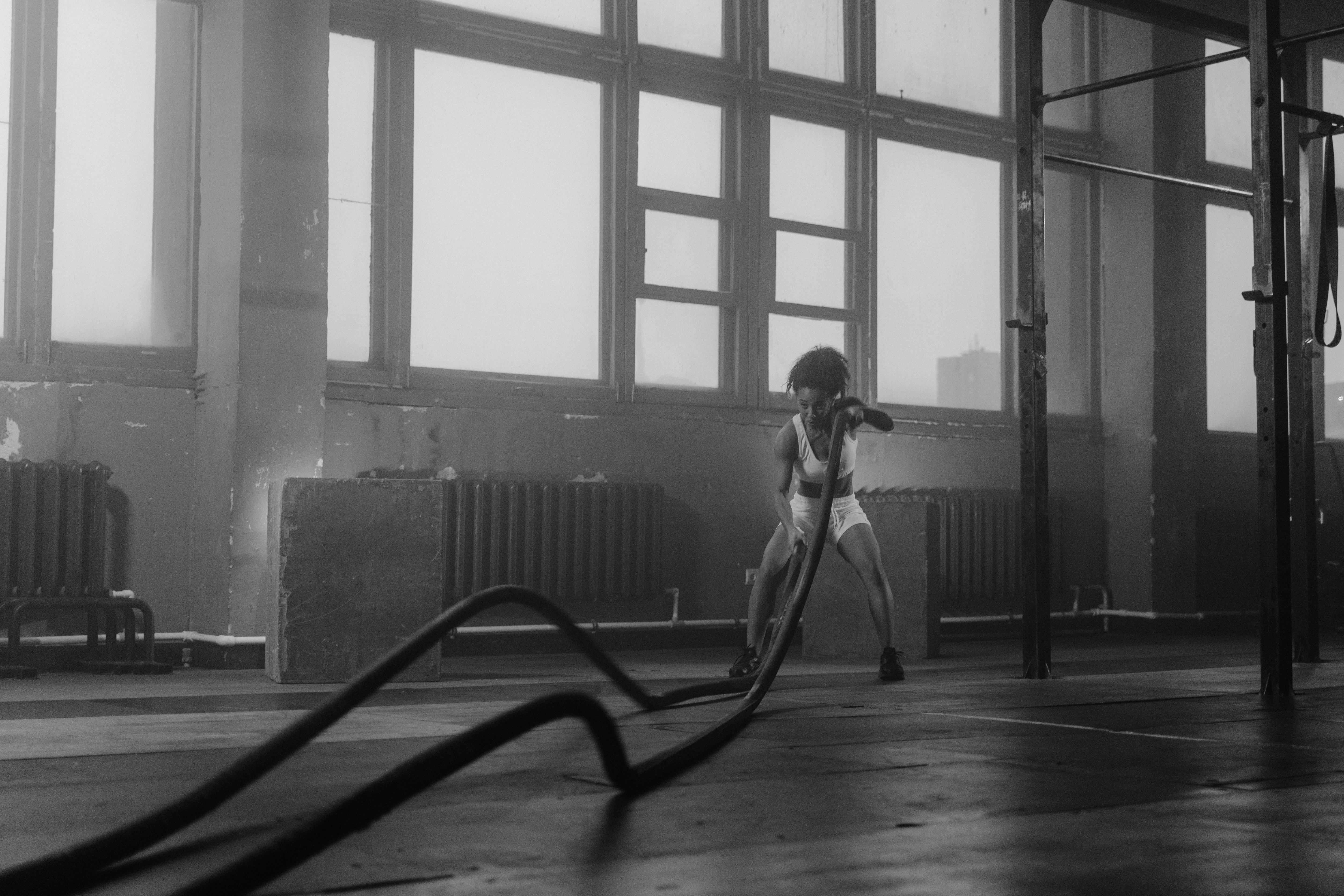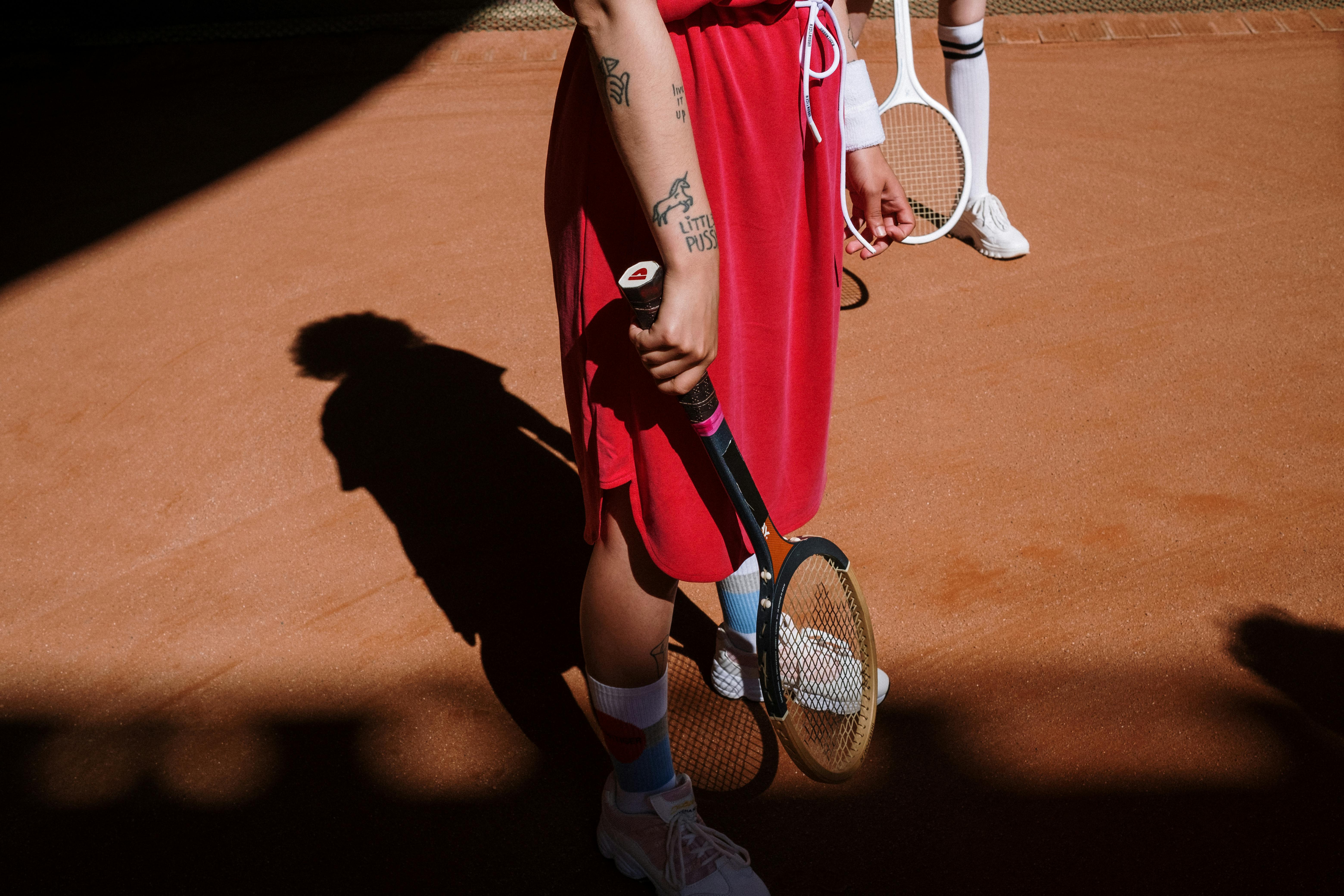This is certainly a subject that should scare any parent considering spanking their children.
An often-heard rationale used to justify beating children is associated with “love.” We often hear from spankers who insist that they only hit their children because they love them. Many even claim that they ‘spank in love’. The danger of associating loving behavior with physical punishment lies in the risk that confused children may develop a connection between love, pain, and violence. In the worst case, the child comes to form a direct association between loving behavior, physical punishment, physical and emotional pain, and acts of violence.
I think it is relevant to add here that physical punishment is also part of this learned behavior that tends to be passed from one generation to the next. When verbalized, these family values can sound something like: ‘Parents beat kids, that’s the way it is…as a parent, that’s what I know…it’s all I know…it’s a normal part of it. from my reality… and I learned to deeply believe that parents hit children in certain circumstances.’ Learning during the formative years can become a deeply held belief involving strong convictions that often last a lifetime.
Upon closer examination, it is common to find that these kinds of values have been formed on no other basis than blind acceptance. This type of transmitted values and beliefs can be identified when they are maintained in the absence of a reason that justifies the behavior in question. An example of this blind learning could be something like the following:
“I learned and adopted the following values and rules from my mother, but I cannot offer a rational basis for their existence. However, my upbringing consists of the following:
1. A child must be beaten for ‘dirty mouth’.
2. I only yell for accidental spills.
3. A child should be beaten for his openly expressed anger.
4. I also learned from my mom that babies should be given a smack in the hand for playing ‘No, No’s.'”
The thought process associated with these behaviors may sound something like: ‘Now this is exactly what I have a strong tendency to do in these particular circumstances, so I’ll just make those things part of my rules and do what I want to do. seems correct. in terms of how I treat my children. After all, that was how my mother raised me and I turned out well.’
But I digress. Over the years, I have seen and heard enough testimonials and accounts to believe that spanked children are at some degree of risk of developing a spanking fetish. I’ll go so far as to take this possibility a step further by saying that if you show me someone who qualifies as a spanking fetishist, I’ll show you someone who was spanked as a child (whether or not they were old enough to do so). do it). the time to be able to remember having been whipped).
The science of physiology has identified the buttocks as an “erogenous zone” of the body, and there are indications that some children come to associate spanking with sexual stimulation.* It seems highly implausible to me that some children could be born with a penchant for being hit painfully on the buttocks as a means of sexual stimulation. Unfortunately, there is little chance that an adult child will admit to her parents (or to the general public) that he has developed a fetish for spanking. But, the existence of this sexual fetish can be evidenced by anyone who wants to search any search engine for the word ‘spanking’. What you will find is a surprising number of sites dedicated to those children who grew up with a desire to be spanked or to be spanked in association with sexual behavior (including fanciful ideation).
Unfortunately, some of these individuals in particular don’t feel good about themselves that they have developed a sexual fetish as part of who they are. And again, there can be no question about the degree of power and long-term impact that early learning carries as a permanent, lifelong influence on who we become.
It’s worth noting that all too often, people with various fetishes and atypical sexual tendencies tend to suffer some degree of self-esteem damage. This decreased level of self-esteem can be attributed, at least in part, to the atypical sexual behavior in question being viewed by society as perverse, perverted, sick, and/or sexually deviant. No one benefits from social rejection, that’s for sure. Worse yet, there is also a real risk that the atypical individual will suffer damage to their self-concept by having taken the view that they are, in fact, flawed, abnormal, sick, and downright unpleasant as individuals. It goes without saying that these are not the kinds of views toward oneself that might be considered conducive to the continued maintenance of a healthy psychological sense of well-being.
It is my opinion that the vast majority of BDSM (Bondage Dominance Submission Masochism) behavior is determined by circumstantial learning experiences that children internalize during their formative years. Unfortunately, we are hampered in attempts to increase our knowledge about these maladaptive behaviors due to the existence of social taboos that tend to stifle, if not outright thwart, public discussion in open forums. The fact that this type of behavior is largely secret and “closed” also helps explain why we see a relative lack of availability of freely shared information for scientific research in the field. Our knowledge is largely limited to the experiences and opinions of mental health professionals. While this situation may be understandable, it serves to deprive us of a learning resource that could come from the small percentage of socially conscious BDSM people who would be willing to share their experiences in public spaces.
With reference to ‘spanking in love’, it should be reiterated that spanking parents do their children a great disservice by saying things like, ‘I hit you and cause you pain just because I love you.’ The truth is that children would be much better off being told that beatings and the pain they cause are acts of contempt, which indeed they are in the eyes of humanity. Children remain the only segment of the human race where it is still acceptable to allow a degree of violence and demeaning disrespect to fall within the definition of love. In truth, this definition should be reserved as a sub-standard category of love term, ‘Child Love’, which allows for hateful treatment within the definition of a loving relationship.
Punitive violence, pain, dominance, and hateful glares in the name of parental love can, and do, plant the seeds of wickedness. Furthermore, sexual stimulation in association with acts of spanking (intentional or not) carries the risk of producing a spanking fetish as learned behavior.
James C. Talbot




